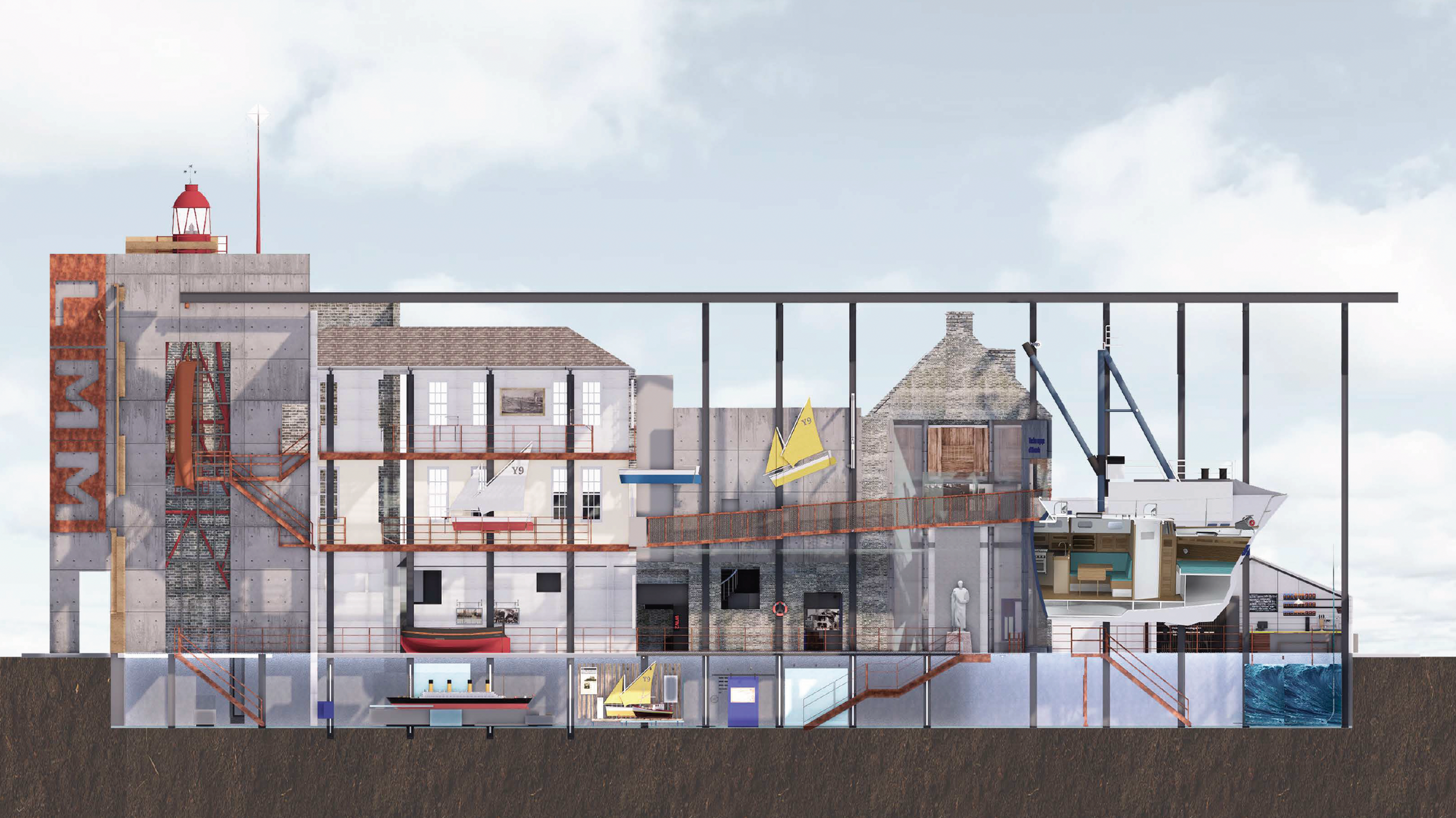Interior Reuse

About
This platform is concerned with the exploration and adaptation of matter that can be considered outdated, redundant or obsolete: material that has lost its value, resources that are considered waste, stuff that is considered expendable, has been discarded and is considered surplus. All situations have in common the proposition that an obsolete environment or element, is not only a site of depredation, it is a condition for mediation, and the site of the enactment of research and design processes that will ensure that meaningful change through reuse will take place.
Last year Interior Reuse examined the space that was central to our current lives; the home. This year it expands its remit to explore the cities and towns in which our domestic spaces are based. But, it will focus its attentions on a particular type of urban condition: the coastal town. COVID-19 has accelerated the challenges that all town centres were beginning to face. Changing consumer behaviour, outdated and disconnected public realms, a limited range of leisure and social offers and of course the impact upon the health of its occupants were all factors advanced rapidly by the pandemic. The impact of these challenges on the coastal town was increased via the fact that whilst often situated in beautiful locations, many are facing significant long-term challenges. This year the Reuse platform is based in Lowestoft, the most easterly point of the UK. The town's redevelopment is based around the old post office, a grade II-listed building with a range of buildings attached to its rear. The platform is to reuse the building imaginatively and thoughtfully in order to drive the future aspirations of the town.
Professor Graeme Brooker
Image: Guangyan Luo